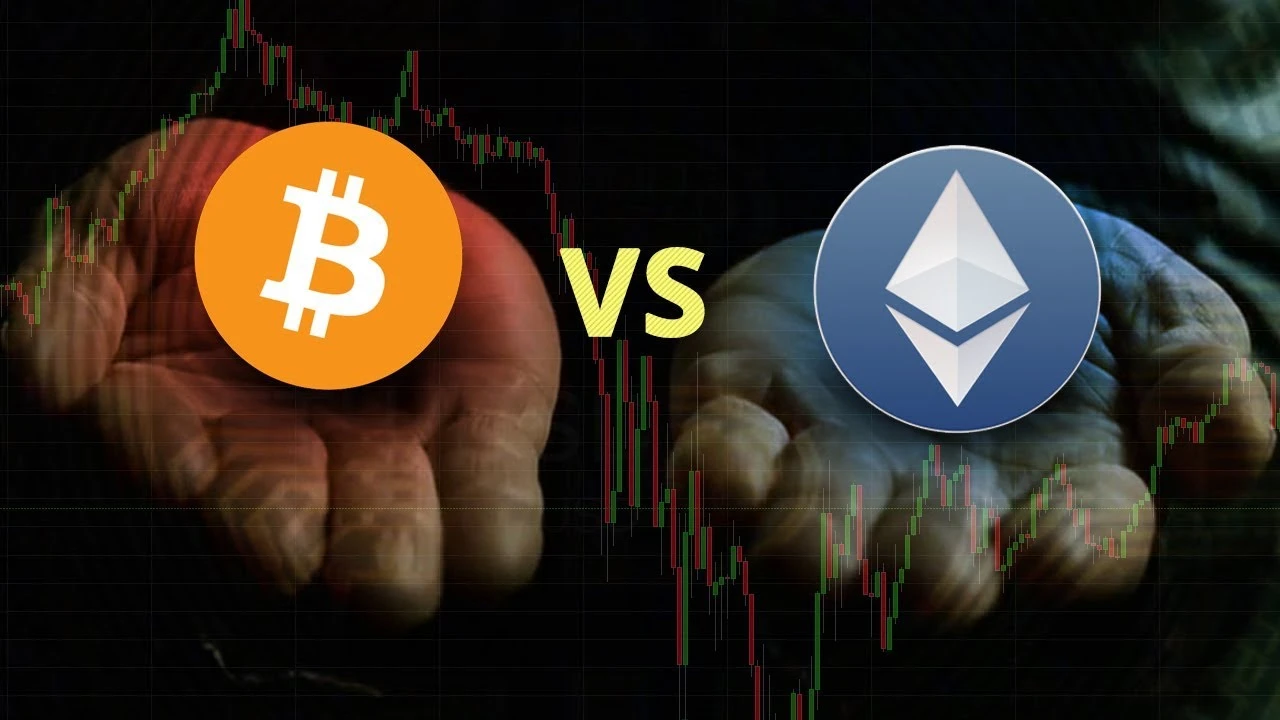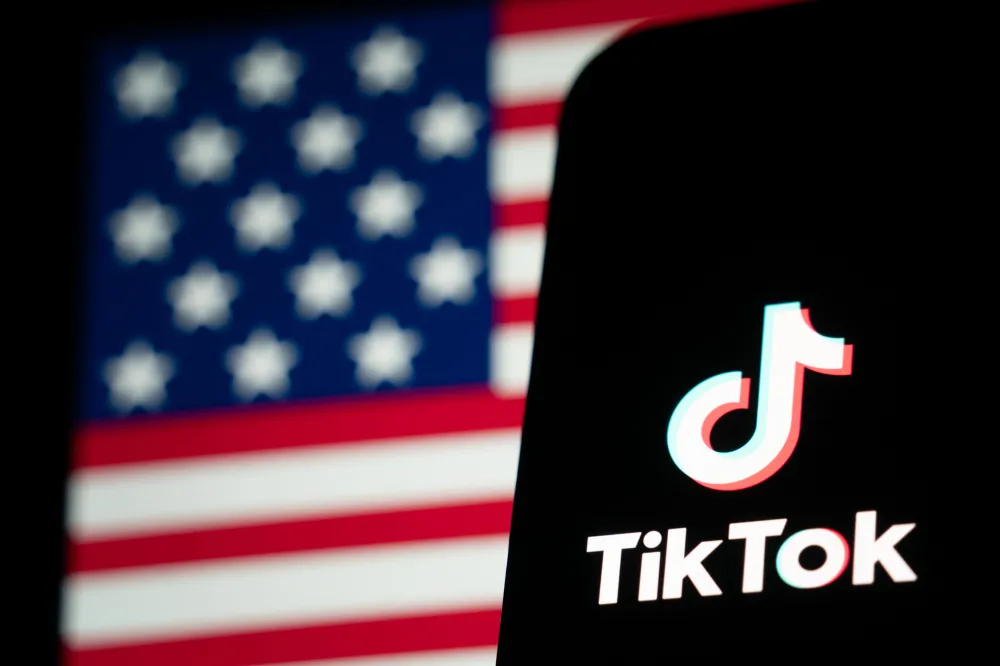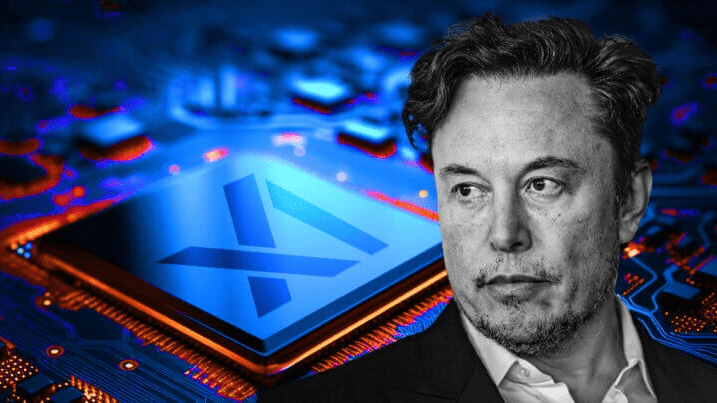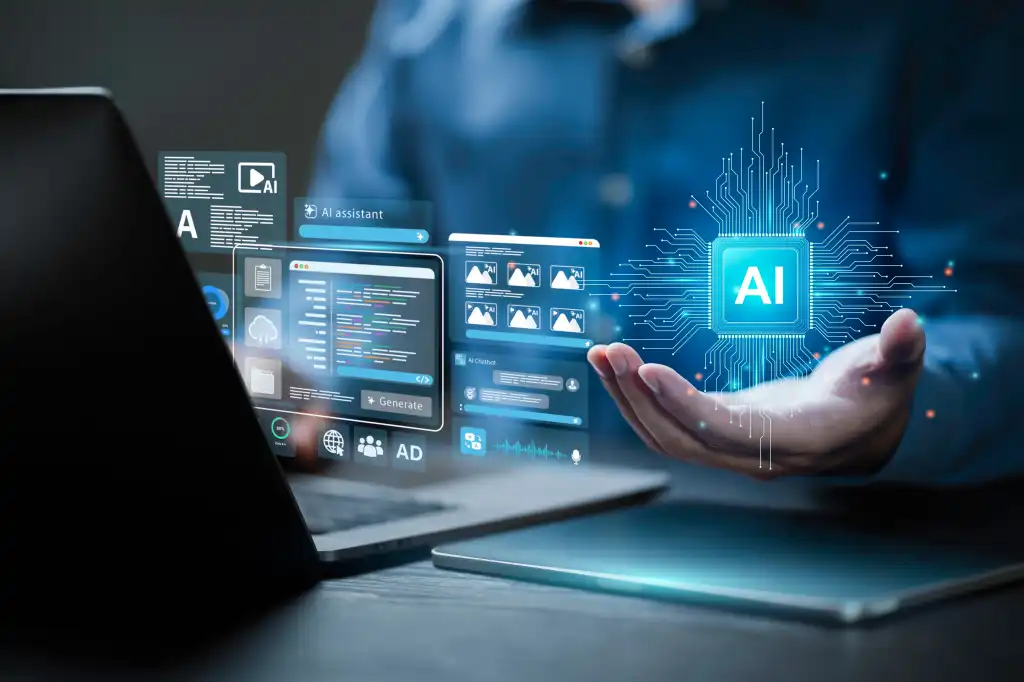In 2024, over 3.5 million cybersecurity jobs were left unfilled across the globe. At the same time, demand for artificial intelligence experts surged in every primary industry. Both fields are growing rapidly, pay well, and require critical thinkers.
Many students and early professionals wonder which one is easier to get into or more realistic as a long-term career. This blog breaks down how cybersecurity and AI differ in terms of learning, skills, and work. Instead of chasing hype, you’ll get a side-by-side look at how they compare in real life.
Understanding the Fields
Knowing what each field actually involves helps make a fair comparison.
What Is Cybersecurity?
Cybersecurity ensures that networks, devices, and systems are not exposed to digital threats. Such threats are viruses, hacking, data leaks, and phishing. The professionals are engaged in safeguarding data and identifying the weak points in advance of hackers.
This field includes many roles. Some people manage firewalls and antivirus tools. Others test systems for security holes or respond when an attack happens. It supports tools like voice assistants and chatbots. It also powers self-driving cars and complex data analysis.
What Is Artificial Intelligence?
Artificial intelligence teaches machines to think like human beings. It supports tools like voice assistants and chatbots. It also powers self-driving cars and complex data analysis. Deep learning, natural language processing, and machine learning are a part of the field.
AI roles can vary widely. Some researchers are working on models that would predict the future based on past information. The others are in speech recognition, robotics or computer vision. The construction of AI is frequently characterized by sizable amounts of data to work with, code writing, and machine learning modification through feedback.
Skill Requirements and Learning Curve
Each path comes with its own learning pace, tools, and challenges.
Cybersecurity Skills
In any cybersecurity job, you often have to learn the systems and network operations. Fair knowledge of operating systems, particularly Windows and Linux, is beneficial. You will have to know the movement of data and through which points the threat may creep in as well as how to seal weak spots also.
Common tools include Wireshark, Metasploit, and Nessus. Learning how attackers think also plays a big part. Many professionals study ethical hacking to spot and fix issues before real damage happens. Certifications such as CompTIA Security+, CEH, or CISSP can build credibility and help get a foot in the door.
AI Skills
A career in AI requires strong math and coding skills. Algebra, calculus, and statistics form the base. It is necessary to know how to write clean code in Python or R. You will also learn to operate such tools as TensorFlow, PyTorch and Scikit-learn.
Most roles need a basic understanding of data. You will know how to clean it, how to order it and how to teach models to detect patterns. That is time-consuming as it combines math, code, and problem-solving. A lot of novices begin with small projects or participate in data contests in order to improve.
Educational Pathways and Certifications
Choosing either field depends on your background and goals. It also depends on how much time and effort you’re ready to put into learning.
Getting Started in Cybersecurity
Cybersecurity has a clear path for beginners. Many start without a formal degree. Bootcamps, short courses, and certifications can be used to accumulate knowledge in a short period. Such certifications as CompTIA Security+, Cisco CCNA or the Certified Ethical Hacker (CEH) are rather famous and employer-approved.
People with IT or network experience often move into cybersecurity more easily. Real-world practice helps a lot. Setting up a home lab or joining Capture the Flag events builds real skill. Learning is hands-on and does not always need deep academic study.
Getting Started in AI
AI usually requires more academic training. Majority of the jobs require a minimum of a bachelors degree in majoring in computer science, mathematics or engineering. Master or PhD is preferred in advanced jobs. The education takes more time, and the topic is more technical.
Online courses like those on Coursera or edX help beginners understand machine learning basics. But solving real problems takes time. Many start with simple projects before building models that can learn, adapt, and make decisions. It’s common for students to begin in data science and move into AI later on.
Job Market and Demand
Strong demand exists for both careers, but job types and hiring trends vary widely.
Cybersecurity Career Outlook
Cybersecurity jobs are everywhere — healthcare, finance, government, and tech. As long as people use connected systems, those systems need protection. The global shortage of skilled workers means high demand and stable job growth.
Positions such as security analyst, penetration testing, and incident responder are also required in any region. In small firms, one would serve as a generalist who performs many jobs, whereas in large firms, one can be a specialist undertaking a specific task.
AI Career Outlook
AI is changing how industries operate. Healthcare, banking, education, and transportation are using it to solve big problems. Large firms want engineers who can build models. Startups want people who can do many tasks across AI, data, and software.
The AI job market is growing, but hiring can be more selective. Most roles need real experience, research, or project work. People who start early often see steady growth as more industries use machine learning.
Salary Expectations
Pay often reflects the time, effort, and skill required in each role.
Cybersecurity Salaries
Cybersecurity pay is good, even for beginners. A junior analyst in the US might start at $60,000. Experienced workers can earn over $120,000. Jobs like penetration tester or security architect often pay more because they require special skills.
Pay depends on certifications, experience, and the employer’s size. Non-tech-related work in government and healthcare can also be less remunerative than tech companies, but it is usually more secure.
AI Salaries
AI jobs tend to pay more, but they also demand more. Entry-level AI engineers can earn between $80,000 and $110,000. Senior roles or research positions in big tech companies can go far beyond that, often crossing the $150,000 mark.
People who work in computer vision or language AI often earn more than general AI developers. Pay also rises quickly if you build a good portfolio or share research that others notice.
Which Is Easier to Learn and Master?
Every skill takes effort, but the pace and process vary across fields.
Cybersecurity Pros and Cons
Hands-on learning
Cybersecurity allows people to learn by doing. Setting up labs, testing tools, and solving real-world problems helps build skill fast. Many professionals start without a deep background in coding or math.
Complexity of threat landscape
There is never enough to know in terms of threats because they keep changing. Cybercriminals become more intelligent, and systems become increasingly difficult to defend. It takes time and efforts to be ahead. Some people enjoy this fast pace. For others, it feels like chasing a moving target.
AI Pros and Cons
Steep learning curve
AI requires a strong base in math and programming. Many concepts take time to fully understand. Training models, debugging code, and reading research papers demand sharp focus and persistence.
Evolving field with constant learning
New tools, frameworks, and methods appear often. Staying current takes dedication. Some enjoy this pace. Others may find it hard to keep up, especially without academic support.
Career Flexibility and Growth Potential
Tech careers change fast. Those who adapt tend to stay in demand.
Switching between fields
Moving from cybersecurity to AI or vice versa is possible, but not always easy. Cybersecurity leans more on system knowledge. AI leans on math and coding. Still, many skills, like programming and logic, can overlap and carry over.
Long-term opportunities and specializations
Both paths offer long-term growth. Cybersecurity leads into roles like CISO, threat analyst, or red team leader. AI may become a research track, a product development path or a data science track. It is rather the skill-building that makes the difference rather than the field.
Here’s a Quick Comparison Between Both
| Category | Cybersecurity | Artificial Intelligence |
| Learning Curve | Moderate, hands-on | Steep, theory-heavy |
| Required Skills | Networking, security tools | Math, coding, algorithms |
| Certifications | CompTIA Security+, CEH, CISSP | Not mandatory but helpful: AI/ML courses |
| Entry Point | Easier to start without a degree | Usually requires formal education |
| Job Demand | High and stable across industries | Growing, more selective hiring |
| Salary (Entry-Level) | ~$60,000 | ~$80,000+ |
| Work Type | Defensive, reactive | Predictive, model-building |
| Career Growth | Security analyst → CISO | AI engineer → AI researcher |
Conclusion
No single answer fits everyone. Cybersecurity focuses on defense, system protection, and threat response. It allows quicker entry for many learners. AI deals with learning models, logic, and data. It demands deeper math and more time to train.
Cybersecurity often feels more hands-on and direct. AI can feel more abstract and complex at first. The easier option depends on how you learn and what you enjoy doing.
Try beginner projects in both areas before deciding. Interest drives consistency. The work goes by more quickly when it is natural. Decide on the basis of what sounds good and not necessarily what better rewards you financially.
FAQs
Yes, but this is not going to be immediate. You will have to learn math, machine learning, and coding. Some skills, like Python and problem-solving, do carry over.
Cybersecurity is more accessible without heavy coding. Basic scripting helps, but deep programming knowledge isn’t always required for entry-level roles.
Cybersecurity often values experience and certifications over formal education. AI usually expects at least a bachelor’s degree, and sometimes more for advanced roles.
Cybersecurity has a more attractive longevity of jobs due to the constant security risks. Artificial intelligence employment is expanding rapidly, although the process of hiring should be more competitive and specialization-based.
It’s possible, but challenging. Each field requires focus. Start with one, get comfortable, then explore the other if you have time and interest.

















